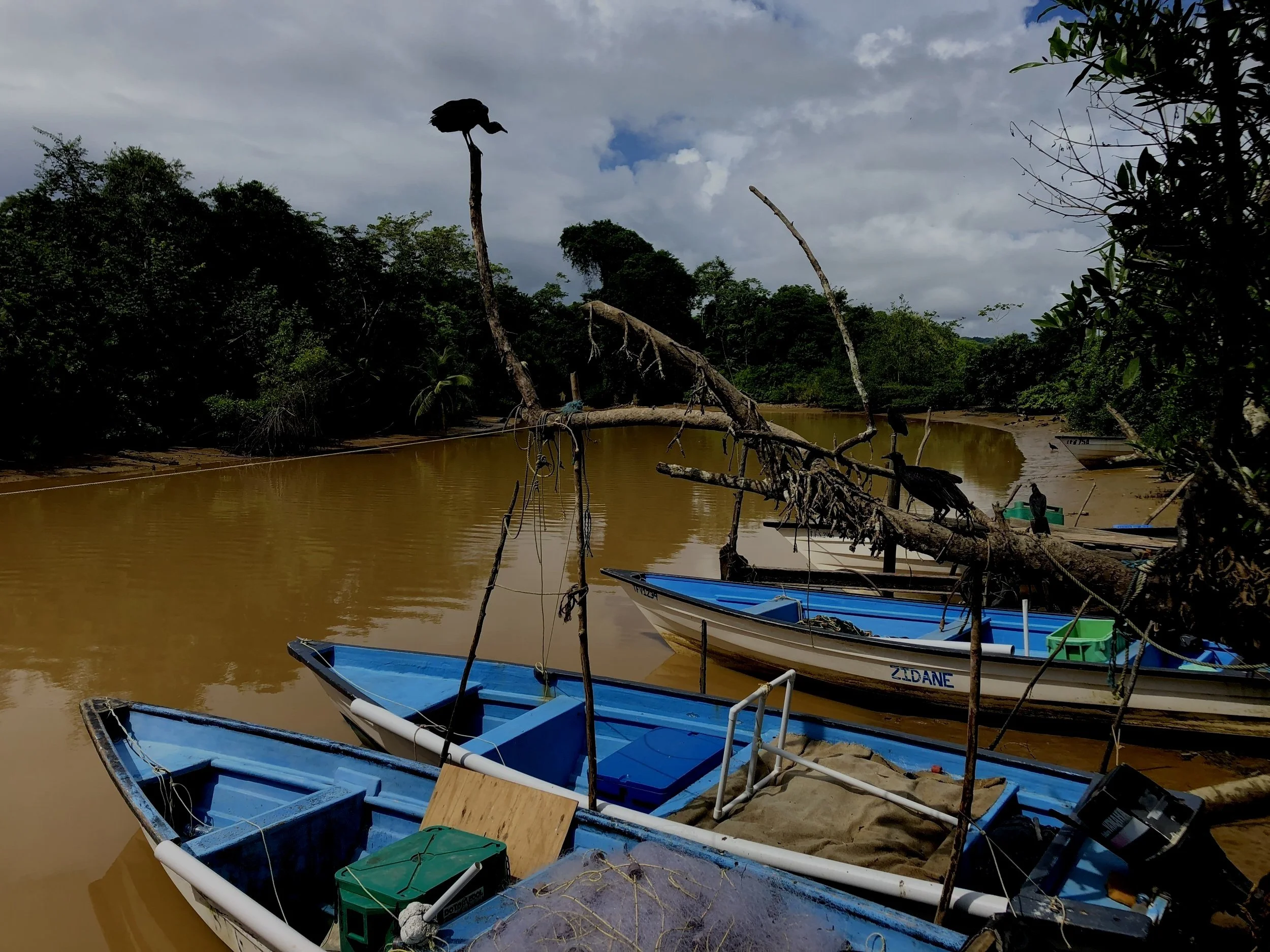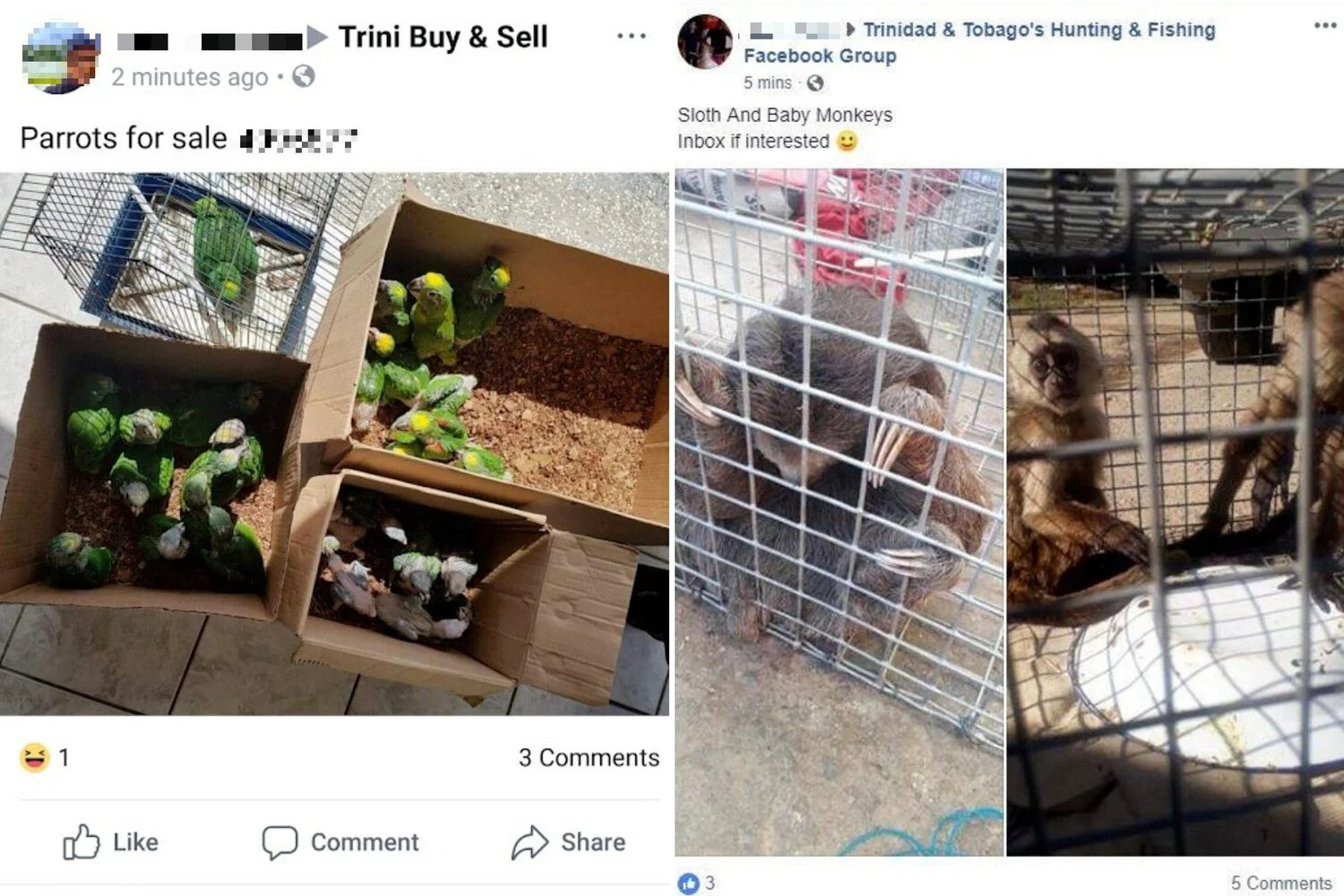
Convergent Crimes
The Caribbean’s capacity to protect wildlife is complicated by an array of non-wildlife offences that intersect with—and intensify—threats to biodiversity. From commercial fraud to human trafficking, these crimes strain enforcement resources, undermine governance, and empower those who commit wildlife crimes.
Prevalent Convergent Crimes in the Wider Caribbean
-

Commercial Fraud
Deceptive business practices facilitate the laundering of illegally sourced products—including fish, gold, or wild animal meat—into legitimate supply chains, making wildlife crimes harder to detect.
-

Criminal Gangs
Organised groups engaged in drug trafficking, extortion, and armed violence that facilitate wildlife crimes while also shifting law enforcement priorities away from wildlife protection.
-

Human Trafficking
Prohibited transportation of individuals often overlapping with the transport of illegal wildlife and other natural resource products.
-

Firearm Trafficking & Possession
Proliferation of unlawful firearms empowers illegal hunters and fuels violence, creating security threats that overshadow wildlife enforcement efforts.
-

Drug Trafficking
Smuggling routes for narcotics that frequently coincide with those used for illicit wildlife, complicating detection and prosecution.
-

Illicit Online Trade
Anonymous platforms and e-commerce sites facilitate illegal transactions, masking the origin and nature of contraband goods including wildlife, precious metals, and timber products.
-

Police Misconduct
Abuse of power among law enforcement officers undermines public trust and compromises wildlife crime investigations.
-

Public Sector Corruption
Bribery, favouritism, and embezzlement within government agencies enable wildlife crimes to flourish unchecked.
-

Sexual Exploitation
Criminal networks engaged in sexual exploitation that often overlap with wildlife trafficking rings, creating a vicious cycle of power and transgression.
-

Property Theft
Illegal seizures that directly affect biodiversity—such as the theft of legally harvested timber or legally kept pet animals—thereby disrupting sustainable livelihoods and management.
Related blogs
Our blog section is growing. Check back soon for new posts related to this topic.